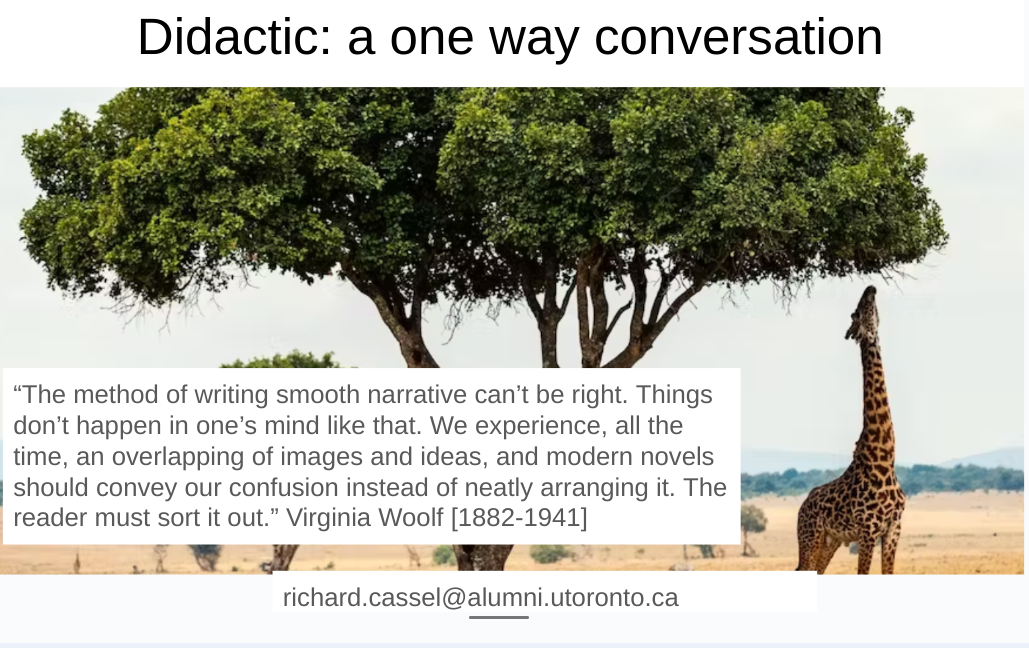
Dr. Steven Pinker argues that significant innate behavioral differences exist between individuals and between men and women. Discussing child-rearing, he says that children's characters are shaped by their genes, by their peer group and by chance experiences; parents cannot mold their children's nature, nor should they wish to, any more than they can redesign that of their spouses. Those little slates are not as blank as they may seem.
Hundreds of studies have measured correlations between the practices of parents and the way their children turn out. For example, parents who talk a lot to their children have kids with better language skills, parents who spank have children who grow up to be violent, parents who are neither too authoritarian or too lenient have children who are well-adjusted, and so on. Most of the parenting expert industry and a lot of government policy turn these correlations into advice to parents, and blame the parents when children don't turn out as they would have liked. But correlation does not imply causation. Parents provide their children with genes as well as an environment, so the fact that talkative parents have kids with good language skills could simply mean that and that the same genes that make parents talkative make children articulate. Until those studies are replicated with adopted children, who don't get their genes from the people who bring them up, we don't know whether the correlations reflect the effects of parenting, the effects of shared genes, or some mixture. But in most cases even the possibility that the correlations reflect shared genes is taboo. In developmental psychology it's considered impolite even to mention it, let alone test it. [Source: Edge]- Dr. Steven Pinker [born 1954] on the ways genes shape human behavior. More here.
Why do people believe that there are dangerous implications of the idea that the mind is a product of the brain, that the brain is organized in part by the genome, and that the genome was shaped by natural selection?
